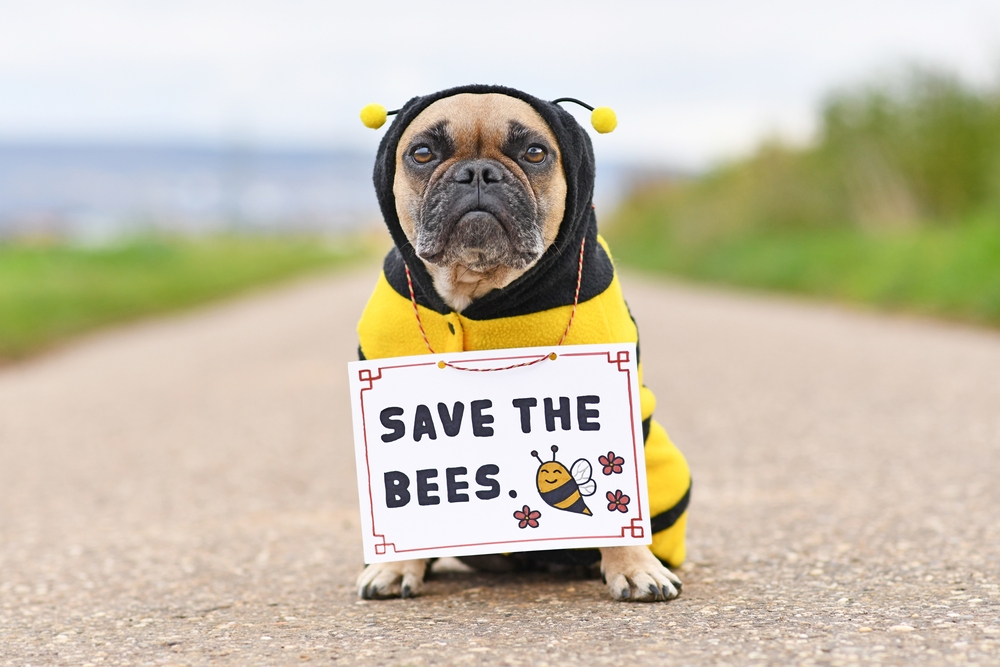Source: AP News
At Michigan State University’s Pollinator Performance Center, researchers are training dogs to detect American foulbrood, a bacterial disease that kills honey bee larvae. Bees face multiple threats—including disease, pesticides, climate change, and reduced food diversity—and pollinator health is vital for human food production.
Their first canine recruit, Maple, a retired human remains detection dog, now wears a custom yellow protective suit to work safely in active bee yards. Injured on duty in 2024, Maple was introduced to the project through connections between trainer Sue Stejskal and MSU professor Meghan Milbrath, who studies honey bee health. Maple’s training involves learning to identify the disease scent in hive boxes, stopping and signaling her find before being rewarded.
The program aims to expand and train more detection dogs, with Stejskal and Milbrath planning to publish a book to share their methods. For Stejskal, the work is meaningful not just for bees but for giving Maple continued joy and purpose.
Read the full story HERE: https://apnews.com/article/honey-bee-dog-pollinator-disease-9ced0273978573fd373b4f5d8a7130a1

